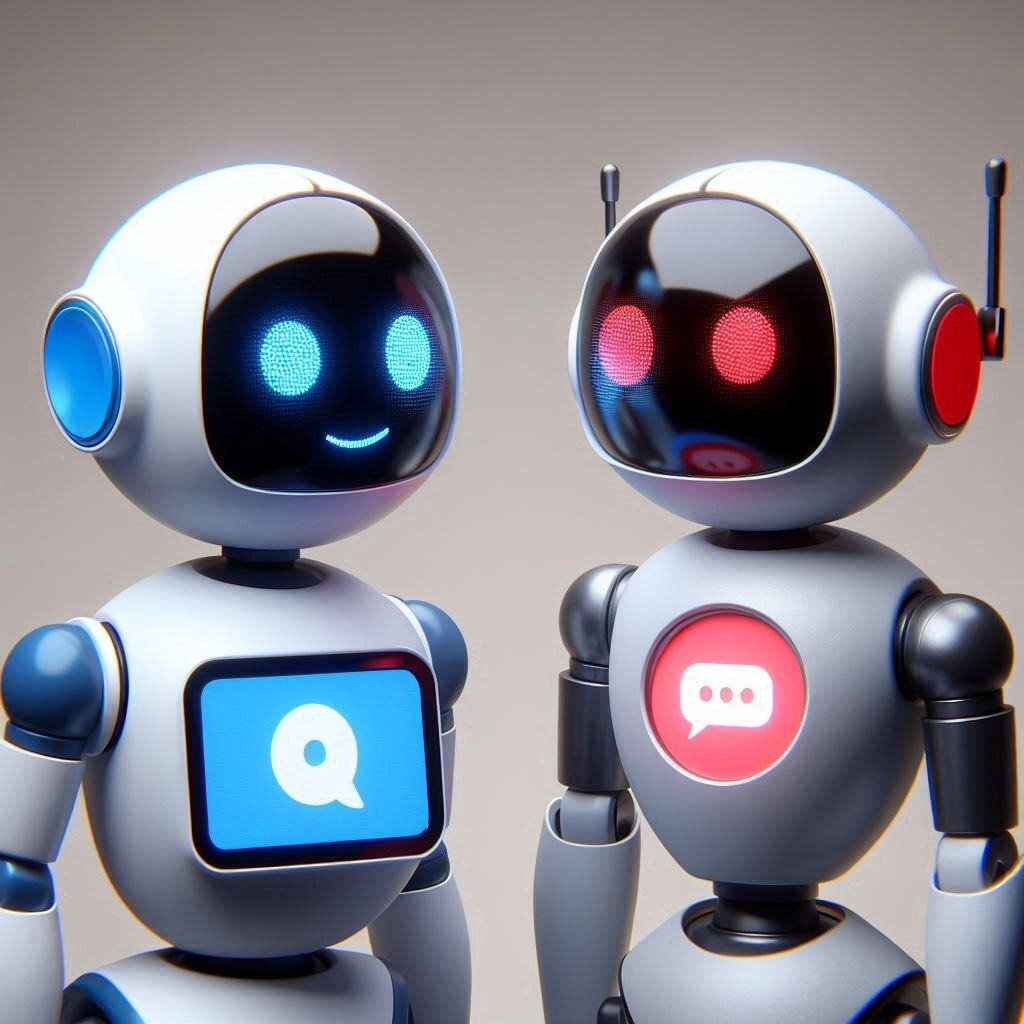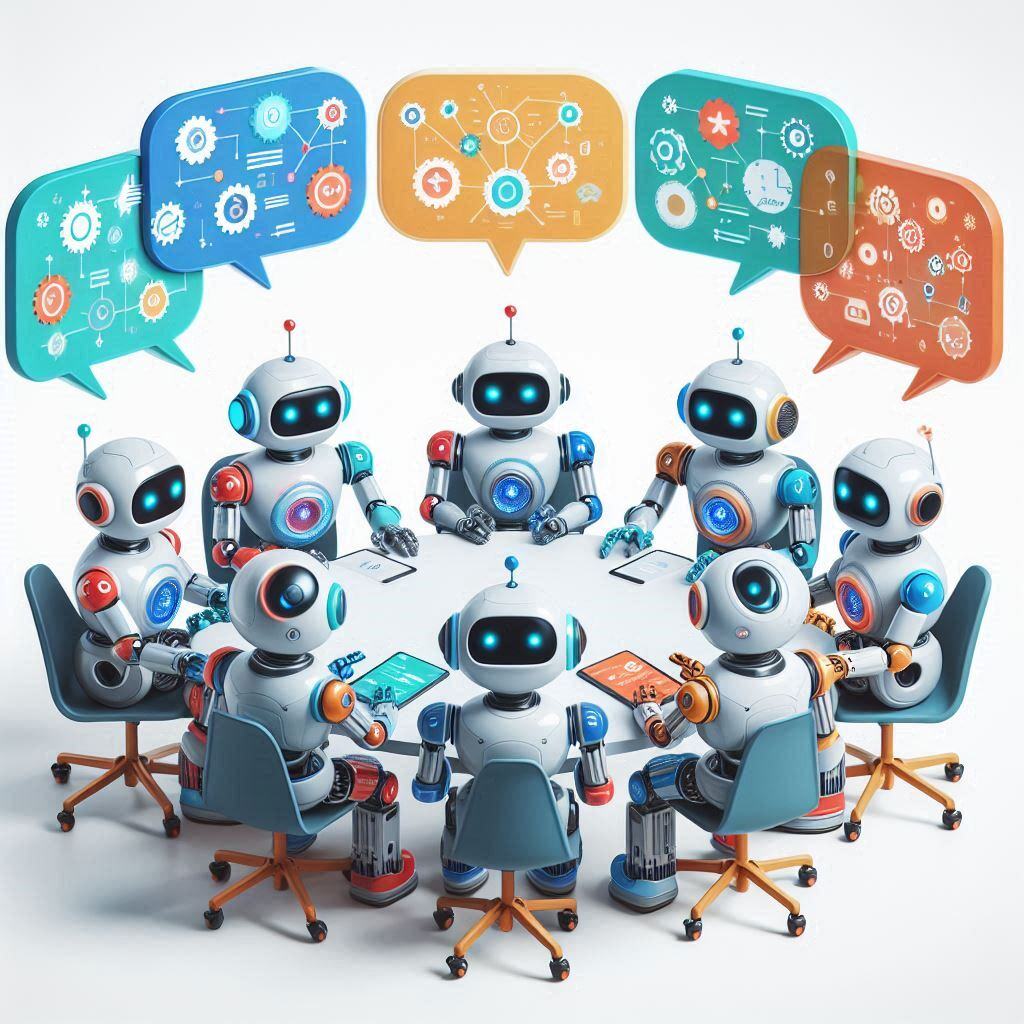AI Data Labeling: The Key to Accurate and Efficient AI Models
Data is often referred to as the new oil. However, raw data alone isn't enough to power effective AI models. To truly harness the power of AI, data...
Learn how AI agents surpass traditional AI with superior adaptability and proactive interaction, enabling autonomous decision-making and dynamic responses.
Have you ever wondered about the potential of artificial intelligence (AI) beyond simple chatbots and recommendation engines? Welcome to the world of AI agents, a fascinating area where autonomy and intelligence converge to create new possibilities across industries and daily life.
AI agents are intelligent software entities that can perceive their environment, reason about it, make decisions, and take actions to achieve specific goals. They are designed to operate independently, adapting to changing situations and learning from their experiences.
Think of them as personal superheroes, constantly on the lookout for ways to streamline your work and optimize your life. But unlike traditional AI models that respond to specific commands, AI agents can take the initiative, proactively pursuing objectives and interacting with the world in complex ways.
| Feature | AI Agents | Regular AI |
|---|---|---|
| Autonomy | High (operate independently) | Limited (require human input) |
| Goal-Oriented | Yes (designed to achieve specific goals) | Not always (may simply provide answers or predictions) |
| Adaptability | High (learn and adjust to new situations) | Limited (mostly rely on pre-existing knowledge) |
| Interaction | Active (can initiate actions and communicate) | Reactive (respond to prompts) |
The applications of AI agents are vast and growing rapidly. Here's a glimpse into how they're transforming various industries:
There are various types of AI agents, each with unique capabilities and applications:
As AI agents continue to evolve, we can expect a future where they seamlessly integrate into our lives, working alongside us as partners and collaborators. Imagine AI agents that can personalize our education, assist us in scientific discovery, or even help us manage complex social and environmental challenges. The possibilities are truly endless.
The field of AI agents is rapidly evolving, but a key challenge lies in developing agents that can truly collaborate and reason together. This is essential for tackling complex problems that require coordination and communication between multiple AI entities. This is where Integrail comes in.
Integrail's no-code platform, Visual Studio, provides a unique solution for building and deploying multi-agent systems. With its intuitive visual interface, developers can design AI agents without needing extensive coding expertise. This democratization of AI development empowers a wider range of users to create innovative solutions across various domains.
Here's how Integrail empowers the future of AI agents:
By leveraging Integrail's Visual Studio platform, you can:
Integrail's Visual Studio is more than just a tool; it's a vision for the future of AI. By empowering developers to create collaborative, intelligent agents, Integrail is paving the way for a world where AI can truly augment human capabilities and solve complex challenges.
Whether you're a seasoned AI developer or a business leader looking to leverage the power of AI, Integrail's Visual Studio platform provides a unique and powerful solution for building the next generation of AI applications.
By combining the power of AI agents with the ease of no-code development, Integrail is unlocking new possibilities for innovation and collaboration.
If you're ready to explore the potential of AI agents and multi-agent systems, I encourage you to try Integrail's Visual Studio platform. It's a game-changer in the world of AI, and it could be the key to unlocking new levels of productivity and efficiency for your organization.

Data is often referred to as the new oil. However, raw data alone isn't enough to power effective AI models. To truly harness the power of AI, data...

Artificial intelligence (AI) is reshaping interactions between businesses and their customers. Two popular AI applications that often get mixed up...

Artificial intelligence (AI) has evolved far beyond simple rule-based systems. Today, intelligent AI agents are making complex decisions, solving...
Start your journey with Integrail

Try AI Studio by Integrail FREE and start building AI applications without coding.

NEW White Paper: Discover how AI Studio accelerates your workflows